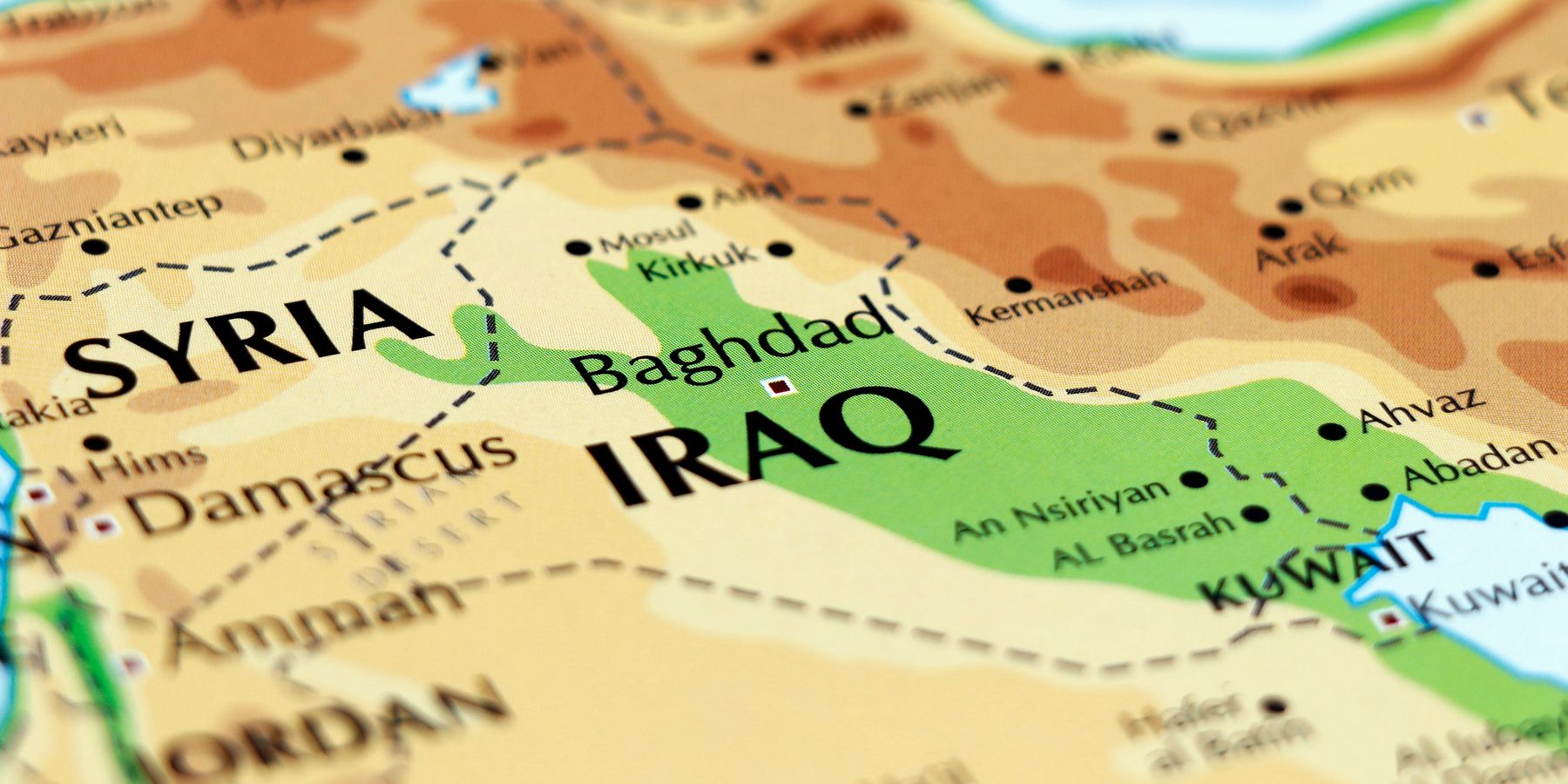The U.S. military has been bombing two countries in the last several days — Syria and Yemen — though details are scarce and the mainstream media has given it very little attention. U.S. forces have also been attacked again in Syria, though this additional headline also went under the radar.
The Associated Press has reported that the U.S. struck nine targets in two locations in Syria on Monday, allegedly targeting Iran-aligned parties that previously attacked U.S. military personnel. Namely, U.S. Central Command (CENTCOM) posted on X that the strikes were conducted to “degrade the Iranian backed groups’ ability to plan and launch future attacks on U.S. and Coalition forces who are in the region to conduct D-ISIS operations.”
The Pentagon did not provide further details about both parties’ attacks or their respective locations by Monday evening, according to AP. (Update: CENTCOM posted on X Tuesday night that the U.S. struck an Iranian-supported weapons and logistics headquarters facility in response to an attack on U.S. personnel at Patrol Base Shaddadi.)
Other Iranian state news organizations, like Press TV and the Islamic Republic News Agency English (IRNA), however, reported explosions at U.S. military bases at the Al-Omar and Conoco oil fields in Eastern Syria on Monday. And a Syrian-based journalist posted on X that U.S.-led strikes took place around the town of Mayadin in Eastern Syria’s Deir Ezzor governorate.
The U.S. has struck several Syrian targets over the last year. Notably, a previous U.S. attack on Syrian government military posts near the Iraq border killed 18 Syrian fighters back in August. In February, the U.S. hit 85 Iran-aligned targets in airstrikes in Syria and Iraq to retaliate against a previous attack on American troops. And U.S. ally Israel has also increasingly targeted Syria since the start of the Israel-Hamas war last year, striking military targets in the Aleppo and Idlib regions of Syria over the weekend.
Moreover, the U.S. also struck Yemen on Sunday and Monday over Houthi strikes against Israeli forces, hitting parts of Yemeni capital Sanaa and the northern Amran governorate.
Critically, recent U.S. attacks on Syria occur within the context of its continued occupation of Syrian territory, formally controlled by Islamic State in Iraq and Syria (ISIS). The U.S. maintains about 900 troops in Syria and another 2,500 in neighboring Iraq. No plans to withdraw troops from Syria exist despite previous Syrian government requests that the U.S. leave the country.
These tit-for-tat attacks in Syria and beyond could ultimately escalate military tensions in a region already burdened by two major conflict flash points in Gaza and Lebanon. And such conditions leave U.S. troops in the area vulnerable to attack.
“It would be a travesty to allow an incident like Tower 22 to repeat,” noted Quincy Institute Middle East fellow Adam Weinstein, who co-wrote a report with QI’s Steve Simon about the perils of keeping troops in Syria and Iraq. He referred to the attack that killed three U.S. soldiers stationed in Jordan to assist the efforts in Syria, in January.
“With each strike and counterstrike, the cycle of tit-for-tat in Syria endures. But one lucky strike could cost U.S. lives in a mission with shrinking gains.”
















